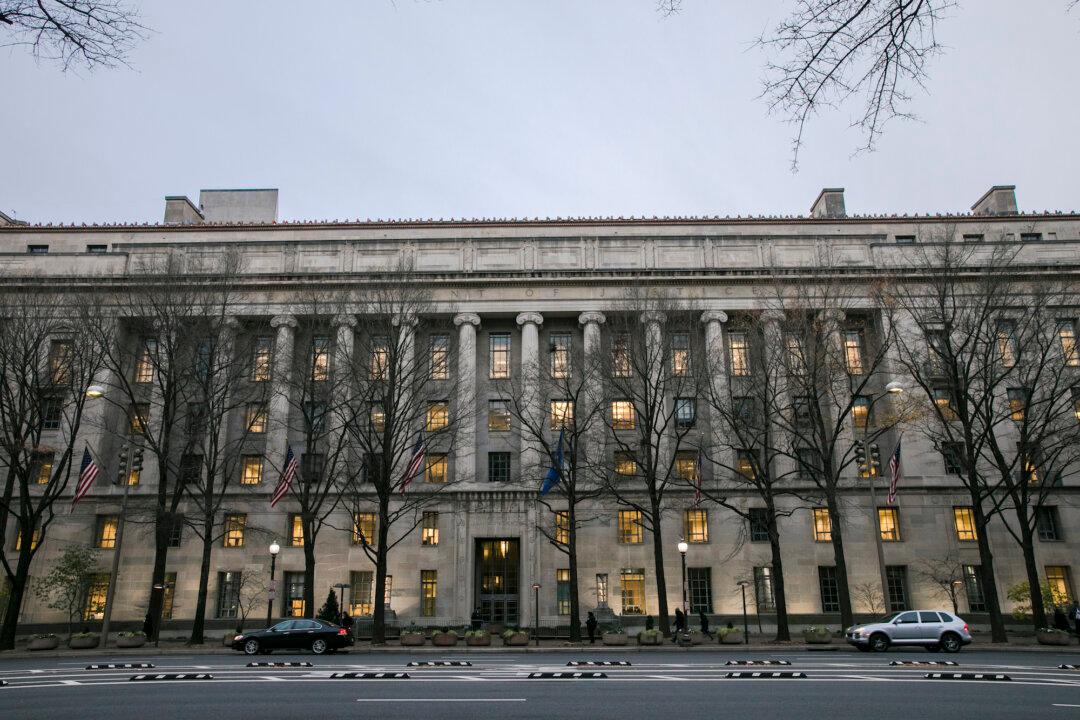Congressional investigators are reviewing new documents that suggest senior Justice Department official Bruce Ohr assisted a firm that conducted Clinton-funded opposition research on Donald Trump—along with a former British spy working for that firm—before, during, and after the 2016 presidential election.
Ohr was communicating with former UK intelligence officer Christopher Steele about then-candidate Trump at least a month before the FBI officially opened its investigation into alleged coordination between the Trump campaign and Russia, the documents suggest.





